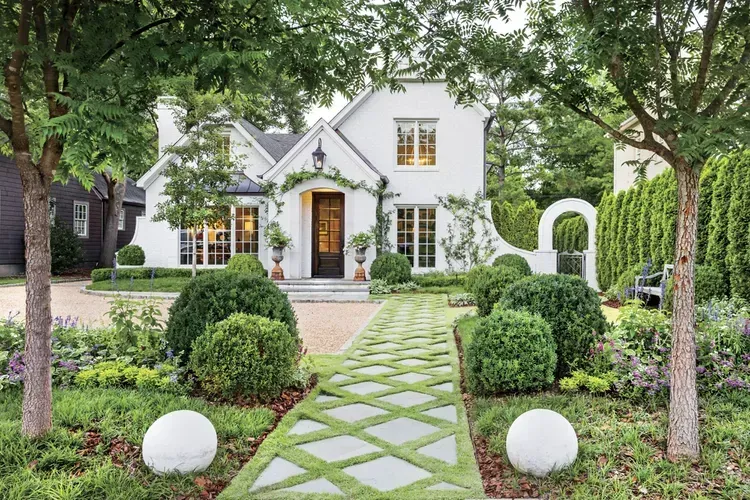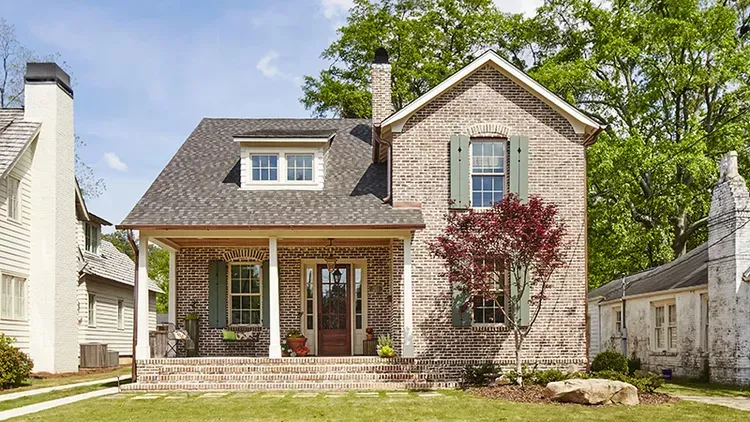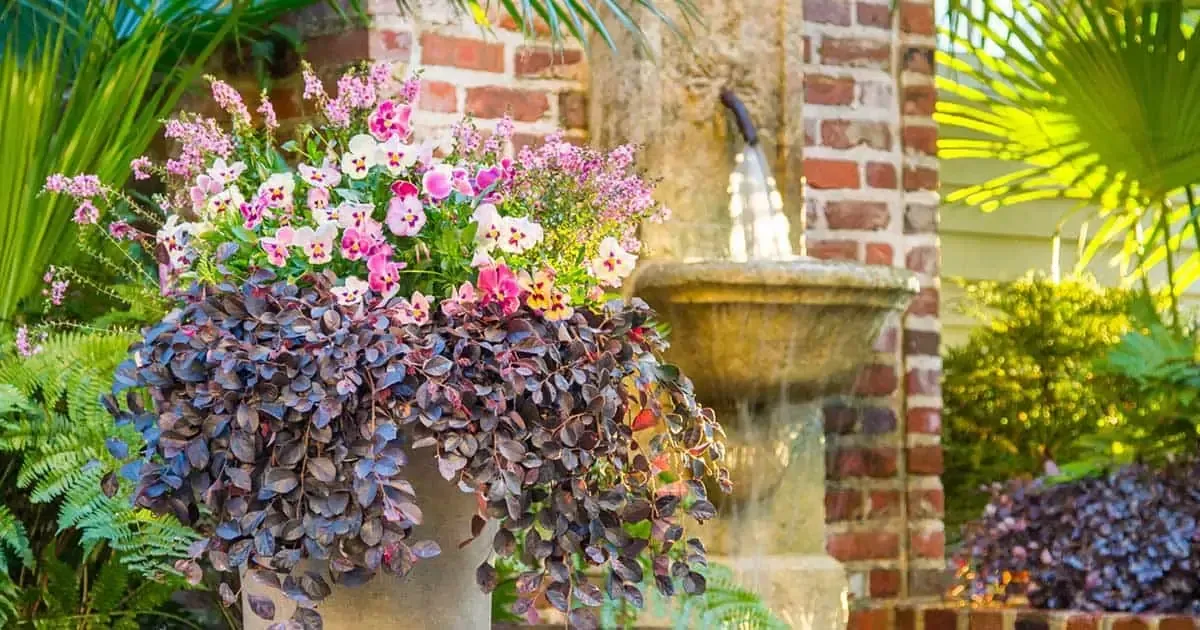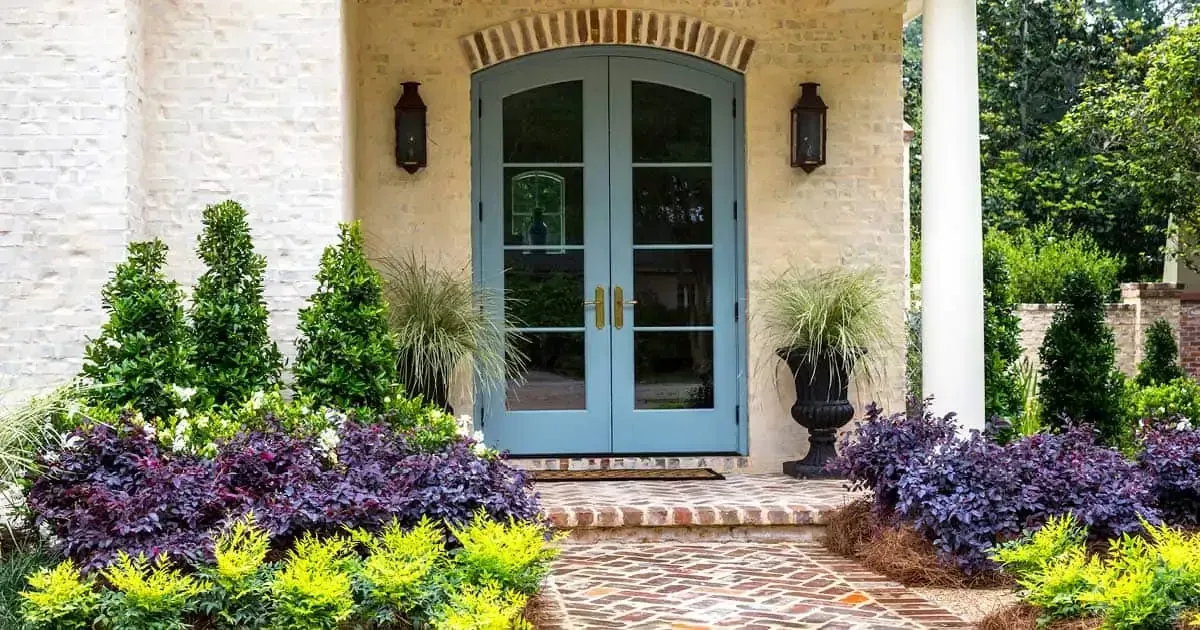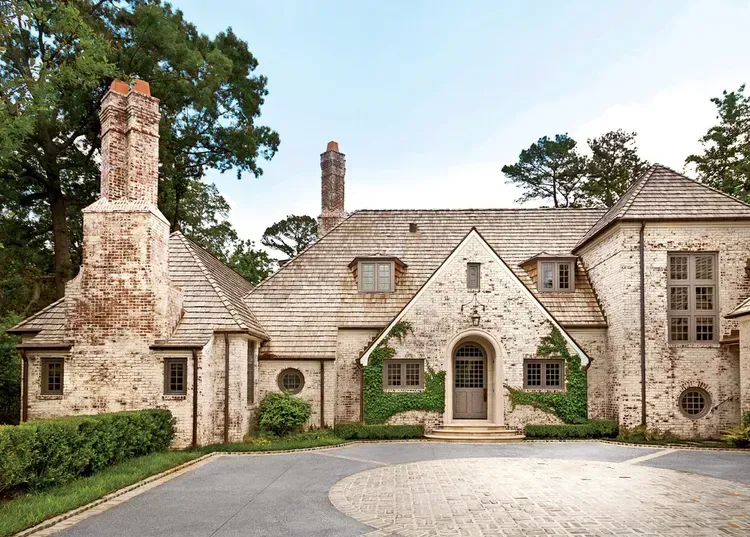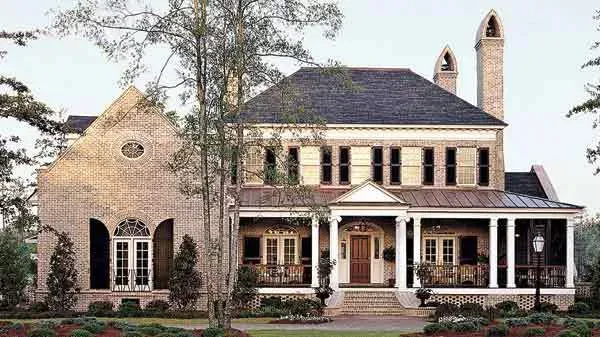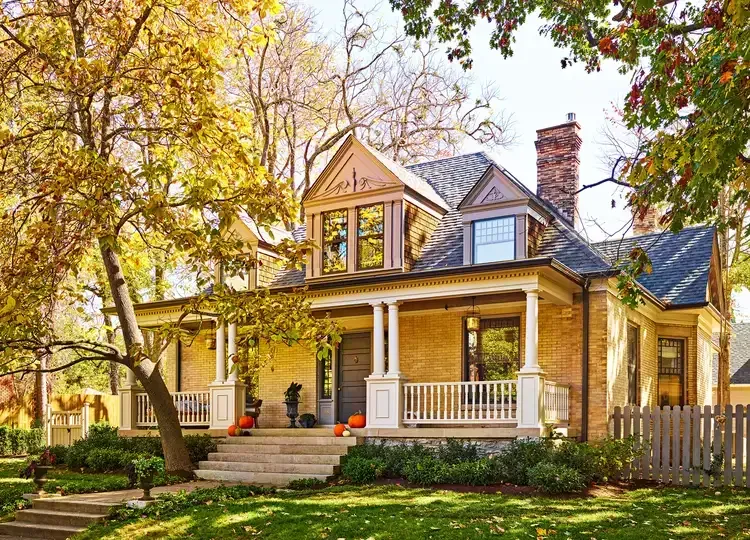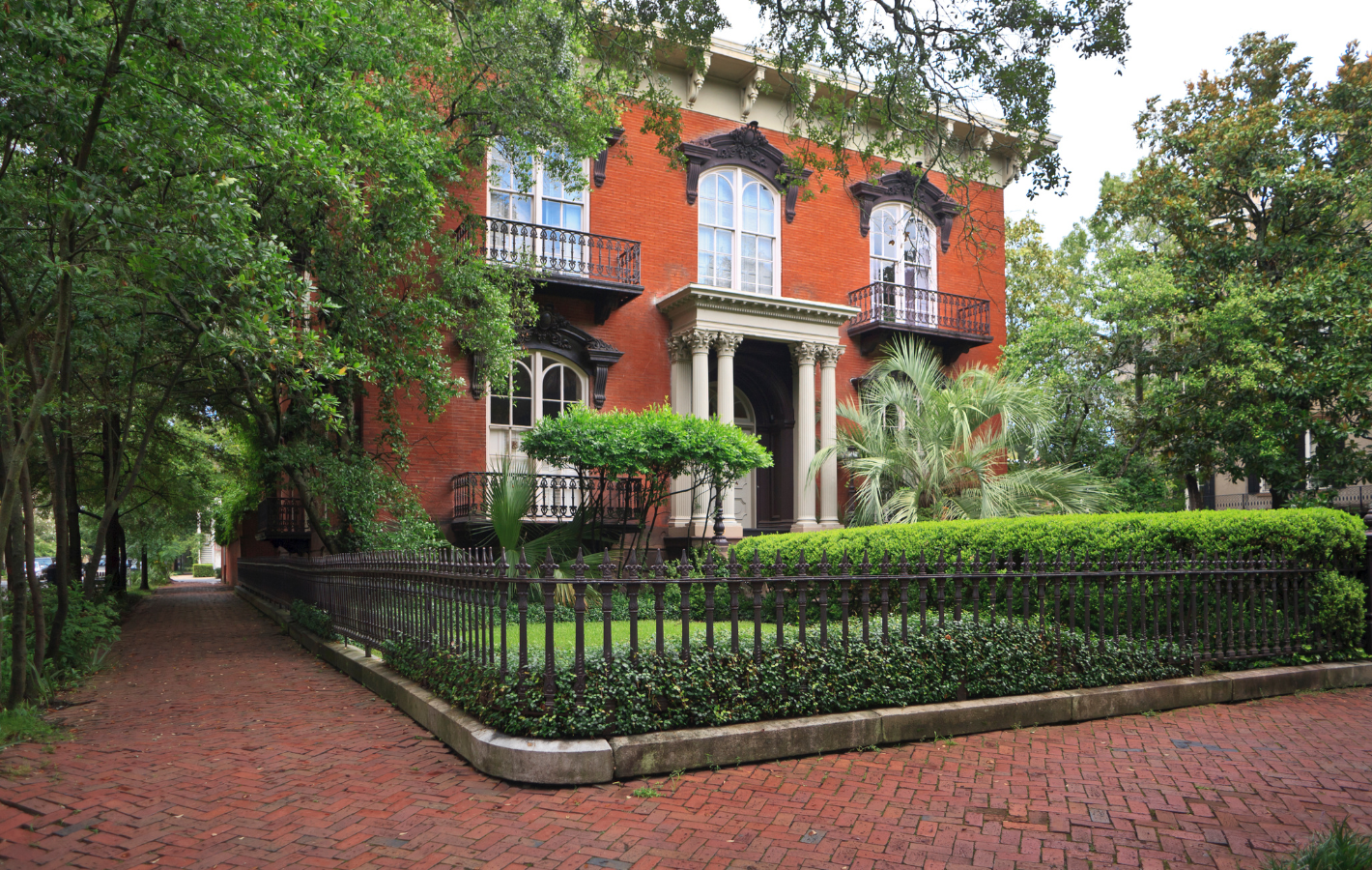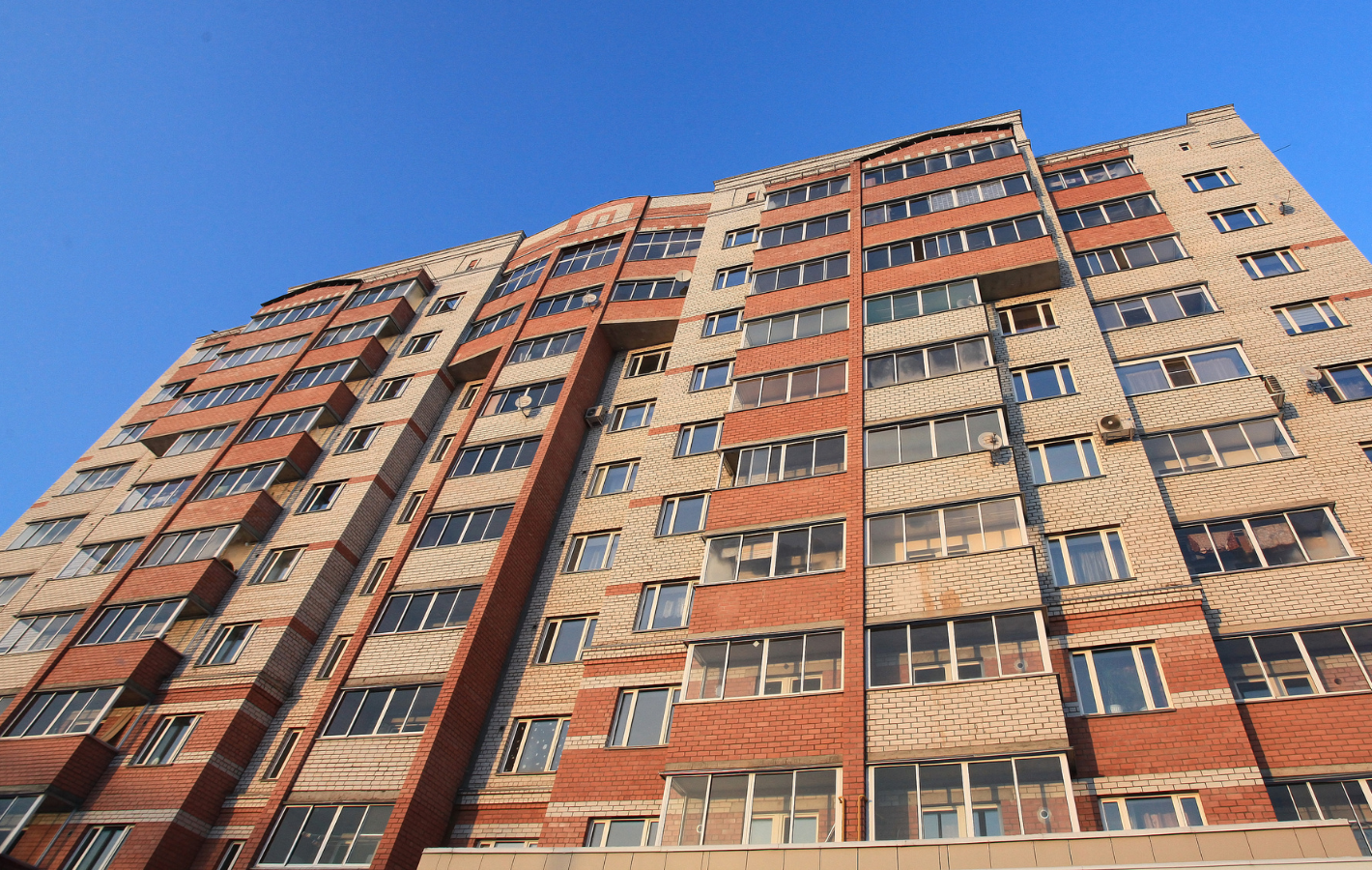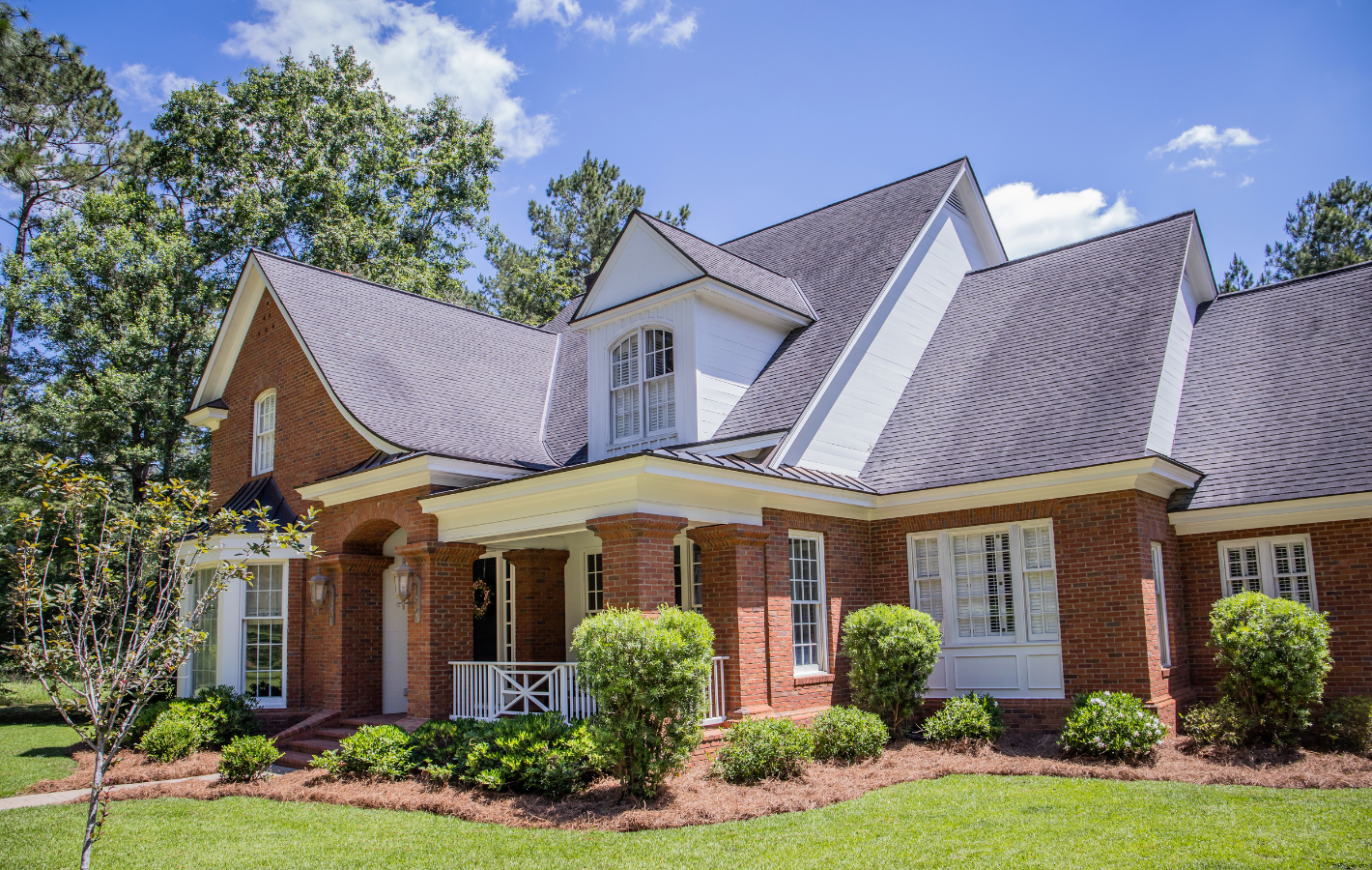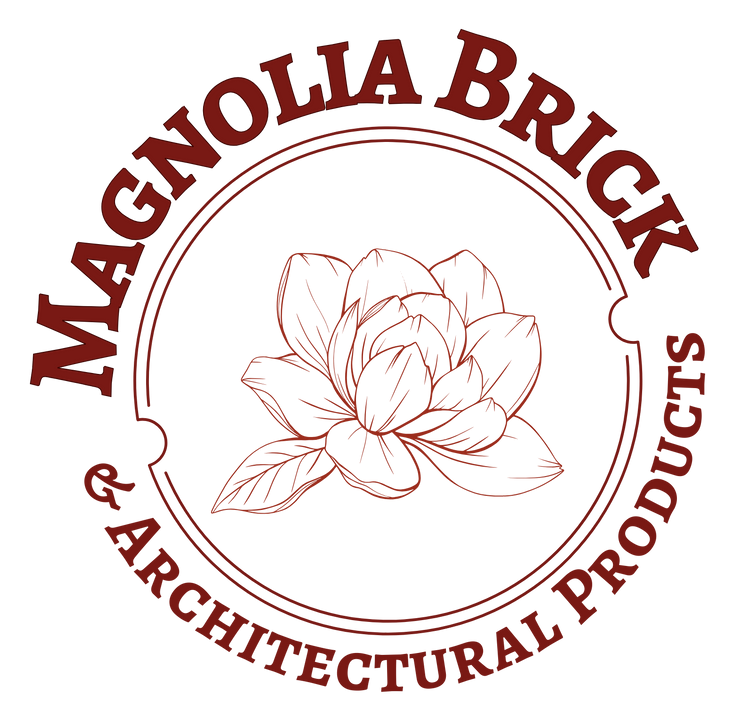The Green Side of Bricks: Sustainability and Environmental Benefits
The Green Side of Bricks: Sustainability and Environmental Benefits
In an era where sustainability and environmental consciousness are at the forefront of design and construction, it's essential to consider the eco-friendly aspects of building materials. When it comes to bricks, their green credentials might surprise you. At Magnolia Brick, with locations in Tupelo, MS, and Oxford, MS, we're passionate about promoting the green side of bricks. In this comprehensive guide, we'll explore how bricks contribute to sustainable construction and the environmental benefits they offer.
The Timeless Appeal of Bricks
Before diving into the sustainable aspects of bricks, let's acknowledge their enduring charm and appeal:
Time-Tested Durability:
Bricks are renowned for their strength and longevity. Structures built with bricks can stand the test of time, reducing the need for frequent replacements and the associated resource consumption.
Design Versatility:
Bricks come in a wide range of colors, textures, and sizes. This versatility allows architects and builders to create diverse designs while using a sustainable material.
Natural Composition:
Bricks are made from natural clay, shale, or other natural materials. Their production process involves minimal chemical treatment, making them a more environmentally friendly choice compared to synthetic materials.
Energy Efficiency:
Bricks have excellent thermal properties, providing natural insulation. This results in energy-efficient buildings that reduce heating and cooling costs.
The Role of Magnolia Brick
At Magnolia Brick, we recognize the importance of sustainable construction practices and the role that bricks play in achieving these goals. We are committed to providing premium bricks in Tupelo, MS, and Oxford, MS, that align with environmentally conscious building practices. Let's delve into the green side of bricks and their environmental benefits.
Sustainability in Brick Production
The sustainability of bricks begins with their production. Modern brick manufacturing has evolved to reduce its environmental impact:
Efficient Kilns:
Brick kilns have become more energy-efficient, reducing the carbon footprint of brick production.
Recycling:
Some brick manufacturers incorporate recycled materials into their production process, further reducing waste and environmental impact.
Local Sourcing:
Sourcing clay locally reduces transportation emissions and supports the local economy.
Minimal Waste:
Brick manufacturing is designed to minimize waste, with excess materials often being recycled back into the production process.
Brick Homes: A Sustainable Choice
Homes constructed with bricks offer several sustainability advantages:
Energy Efficiency:
Brick homes naturally regulate indoor temperatures, reducing the need for excessive heating or cooling. This leads to lower energy consumption and reduced greenhouse gas emissions.
Durability:
Brick homes have a longer lifespan than those made with other materials. This means fewer resources are expended on replacements or renovations.
Minimal Maintenance:
Brick exteriors require minimal maintenance over the years, reducing the use of chemicals and resources for upkeep.
Indoor Air Quality:
Bricks do not emit harmful chemicals, contributing to better indoor air quality and a healthier living environment.
Brick Homes and Energy Efficiency
One of the standout features of bricks is their energy efficiency:
Thermal Mass:
Bricks have high thermal mass, which means they can store and release heat slowly. This property helps stabilize indoor temperatures and reduce the need for heating or cooling.
Reduced Energy Bills:
Brick homes are known for their energy efficiency, leading to lower energy bills for homeowners.
Reduced Carbon Footprint:
Less energy consumption for heating and cooling translates into a reduced carbon footprint for brick homes.
Sustainability Certifications:
Some brick products are certified as sustainable by organizations like the Green Building Council, further highlighting their eco-friendly attributes.
Brick and Sustainable Design
Bricks offer architects and builders a canvas for sustainable design:
Passive Solar Design:
Bricks can be used strategically in passive solar design, optimizing natural light and heat gain to reduce the need for artificial lighting and heating.
Rainwater Harvesting:
Permeable brick surfaces can aid in rainwater harvesting, reducing runoff and promoting groundwater recharge.
Green Roofs:
Brick buildings can support green roof systems that provide insulation, reduce heat island effects, and support biodiversity.
The Versatility of Bricks
Bricks' versatility extends to sustainable design:
Facade Cladding:
Bricks can be used for both interior and exterior cladding, providing insulation and reducing energy consumption.
Pavers:
Brick pavers create eco-friendly driveways, walkways, and outdoor spaces by allowing water to permeate the surface and reducing runoff.
Fire Resistance:
Bricks offer excellent fire resistance, contributing to the safety and sustainability of buildings.
Recyclability:
At the end of a building's life, bricks can be recycled or repurposed, minimizing waste and resource consumption.
A Sustainable Choice for the Future
As sustainability becomes increasingly important in construction, bricks continue to be a top choice for builders, architects, and homeowners. Their natural composition, energy efficiency, durability, and design versatility make them a sustainable building material for the future.
Conclusion
The green side of bricks is a testament to their sustainability and eco-friendliness in construction. From the production process to the energy-efficient advantages of brick homes and their versatility in sustainable design, bricks offer a wide array of environmental benefits. At Magnolia Brick, with locations in Tupelo, MS, and Oxford, MS, we are proud to provide premium bricks that align with eco-conscious building practices. By choosing bricks for your construction projects, you not only create enduring and beautiful structures but also contribute to a greener and more sustainable future.
